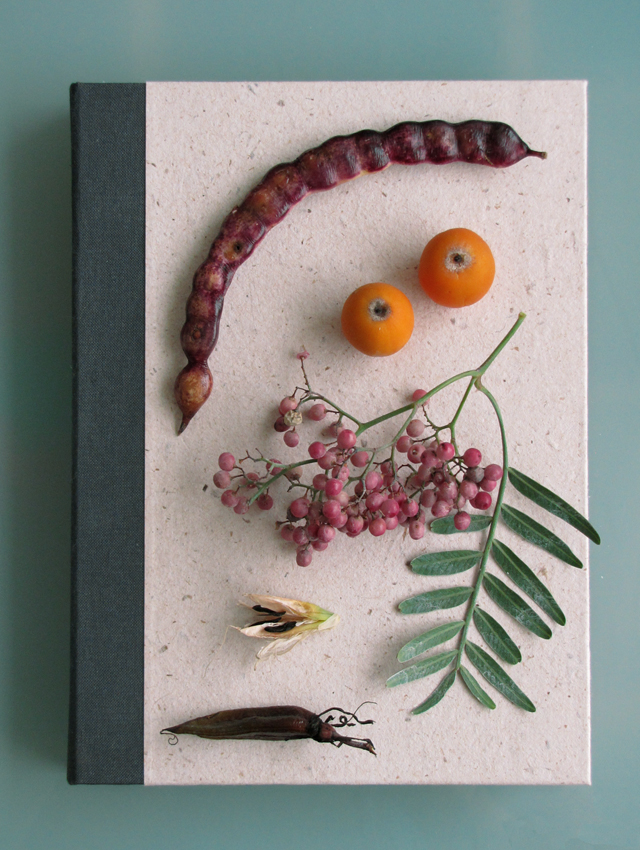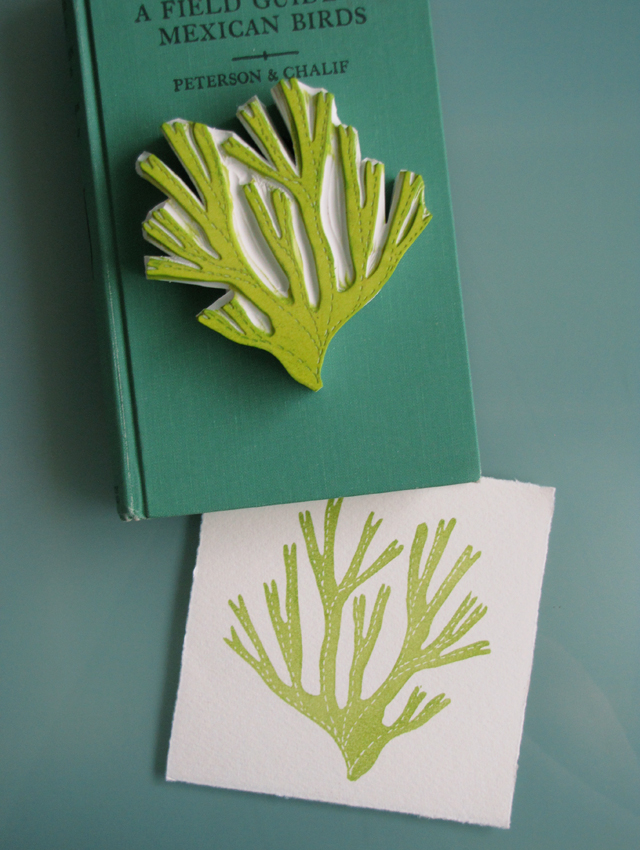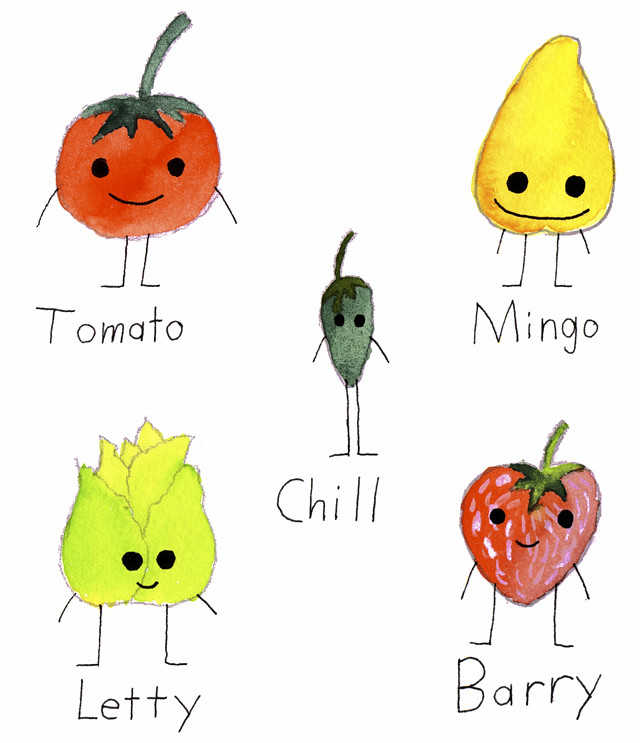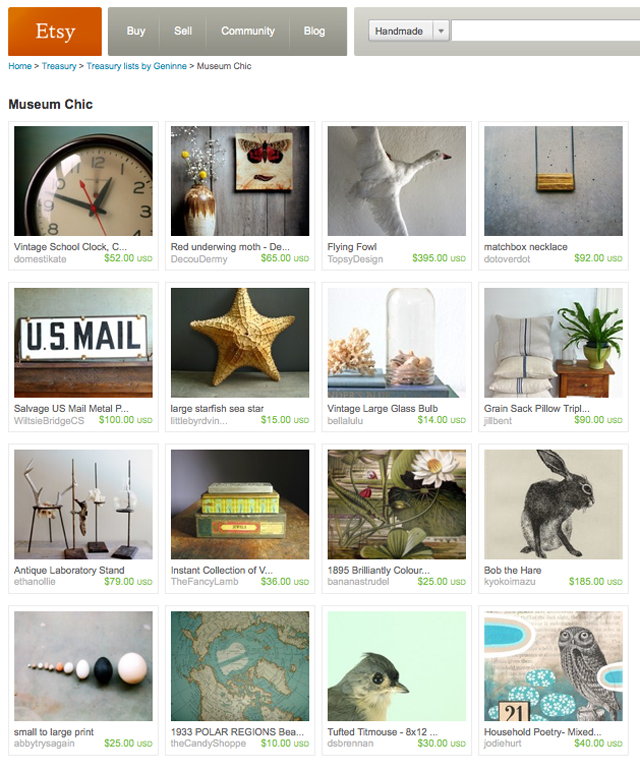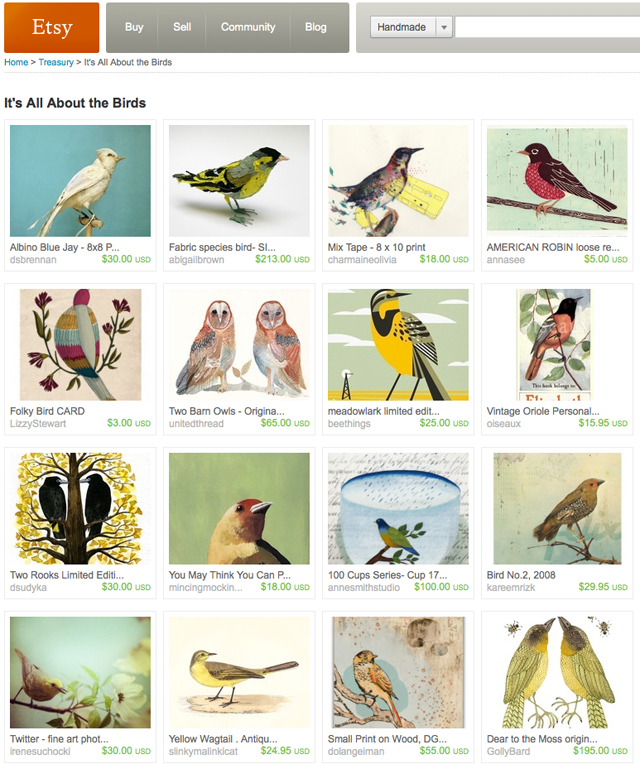Saturday, July 31, 2010
Friday, July 30, 2010
Ruth Issett
You've already met one of my idols. Now I'd like to introduce you to my other idol- artist, author and educator Ruth Issett.
Ms. Issett, a long-time instructor and innovative textile artist living and working in the UK, generously agreed to answer some questions about her work and her life as an artist. Enjoy!

Ms. Issett, a long-time instructor and innovative textile artist living and working in the UK, generously agreed to answer some questions about her work and her life as an artist. Enjoy!
When someone asks you what you do for a living, what’s your answer?
I’m in textiles – Oh really – what type? – then it gets complicated! I would say I’m a dyer, a printer, a stitcher, a designer, an artist, a communicator, a writer and a tutor/lecturer.
How much of your design process is improvisational? Do you ever plan or sketch major pieces in advance?
It isn’t like that at all – my work in ongoing, one piece leads to another, sometimes they become a series, sometimes they are stitched, sometimes they are complete as design ideas, on paper or as printed fabrics.. Sketch books are invaluable for exploring ideas and thoughts. If I work to commission then there may be a necessity for a working design but I would always negotiate that I have the freedom to adjust the work as necessary and maybe through discussion with the client.
Your work is often heavily layered with color and texture and you seem utterly engaged in the ways those elements interact with one another. What was the genesis of that fascination?
Not all my work is heavily layered but you are right that there is a fascination with the way elements interact with each other whether it is colour, media, cloth or stitch. I am very engaged with the surface and the effect of one element on another.
Have you ever had a piece of fabric or paper that you’ve continued to tinker with for years? Or are you more inclined to finish a piece and move on quickly to the next?
The nature of my working life is that I have endless pieces which are in progress. I am not a singular practitioner, but I might make collections or series where work connects in some way.
I teach a considerable proportion of the year so I am always sampling, creating ideas and new aspects to my teaching. The process of creating new courses is a creative process, it is an art in itself, especially if there are limitations such as facilities or travel arrangements
You’ve recently been collaboratively teaching a series of classes with artist Bobby Britnell during which one of you teaches the first half of the course, and one of you finishes with the second. Do you feel that your collaboration has changed the way you work? In what way?
This has been another way of focusing my teaching and Working Together has been an exciting departure for both of us. You have to have total respect for each others way of teaching; the benefits have been enormous for both of us and it is taking us into new territory and I think the students who have come have found that as well. We have intentionally challenged students to consider fully the processes we ask them to undertake. Inevitably it affects the way we both work and hopefully how our work develops.
How often do your students surprise you?
Surprise? No. Excite? Yes. Connect? Yes, but on the whole nothing is really new but the way some students work is really rewarding and exciting. This then can cascade through a group which is good.
Do you take classes, yourself?
Of course, but only one or two a year, usually with the Textile Study Group, who invite specialist and very special tutors, so the tutoring is challenging and more like mentorship.
Is there one lesson you wish you could impart to every budding surface designer (even late bloomers, like myself?)
Don’t run before you can walk, practice your skills/techniques, be patient and always review your work and progress hopefully with others!
Have you ever found yourself taking home demo pieces from shows you’ve gone to, or classes you’ve taught, and turning them into finished art pieces?
I often love the pieces that I do as demos, but then I always think quite hard about how and what I am demo -ing , why I’m doing it and what it is visually communicating to the viewer, be it a member of the public or a student.
What does a completed piece of work look like to you? Which elements are critical for engaging your interest? When you look at your own work, what makes one piece successful to you and another not?
That is too big a subject for a brief reply! I know if it excites me, if it shows my professionalism and that it communicates with the viewing public. It is all about critical awareness, suitability for purpose, and my own criteria for creating the piece
Do you ever translate your painted paper creations into fabric or art quilts, or reinterpret a favorite stitched piece in paper? Do you ever work in a series?
I work in series quite often, as my work develops through a body of work. I have never reinterpreted a piece; there might be similarities but each piece is individual maybe using different materials, or similar techniques, or fabrics but the processes are my ‘handwriting’ , the way I select to express an idea visually.
I am not really happy with titles such as ‘art quilts’ or such like. It is often associated with ’rules’ such as must have 3 layers etc. I am about the visual and tactile feel of a piece and the engagement of the other person! I don’t feel that my work needs to fit into categories and prefer to be known for my use of colour.
Can you describe your ideal studio space? Do you already work in it?
My current space is fabulous. It is 2 storey, well lit upstairs where I stitch and design, develop ideas. Downstairs is where I tend to do ‘messy’ work which is also large, light and accessible to sinks etc. Both areas have good large working surfaces, so that provided I keep them tidy I can work effectively. (The keeping them tidy is the problem!)
I have not always had these facilities, in fact only had them less than 3 years . For years I managed by having my workroom in the centre of the house where all the family used the area and the sink was in a different area but I managed and considered myself to be lucky to have that space.
No, I find it remote and predictable. I am not saying I may never use them but at present I do not feel the need.
When you look at work you did early in your career, how do you feel about it, today?
Thankfully I’ve moved on, I don’t dislike it but it is the past and I am moving forward, new ideas to explore, new pieces to create etc.
What do you want to learn next?
Not sure what you mean – but I am always striving to create new and better work by my criteria. You are always learning, but my learning has always been by doing, so I am doing!

Sonny Zhou in Editorial for Surface Magazine #83, July 2010
Labels:
August 2010,
Daniel Bernauer,
Editorial,
Gregory Wein,
July 2010,
Shlomi Mor,
Sonny Zhou,
Surface Magazine
Thursday, July 29, 2010
Noma Han in Ad Campaign for Benetton, Fall 2010/Winter 2011
Labels:
Ad Campaign,
Benetton,
Clare Richardson,
Fall 2010/Winter 2011,
Josh Olins,
Michelle Lee,
Noma Han
طلاق الفنانة ايمان العاصي من رجل الاعمال نبيل زانوسي

بعد سلسلة من الخلافات بين رجل الاعمال الشاب نبيل زانوسي وزوجته الفنانة الصاعدة ايمان العاصي استقر مساء امس كلا الطرفين على قرار الطلاق بعد جلسة صلح بينهما بحضور كل منهما ومحامي الفنانة ايمان العاصي كما حضر الجلسة الفنان سامي العدل.
وانتهى بهما القرار الى الطلاق بعد تنازل ايمان عن مستحقاتها وتنازل كل من الطرفين عن المحاضر التي حررها ضد الاخر.
وكانت الفنانة ايمان العاصي قد اتهمت زوجها بخطفها بمساعدة بودي جردات وحبسها داخل فيلته بالشيخ زايد لمدة اسبوع بدون طعام حتى تتنازل عن مستحقاتها الامر الذي نفاه رجل الاعمال الكبير مؤكدا انه ليس بحاجة الى مالها.
وقد نشب الخلاف بينهما بعد 90 يوما فقط من الزواج ويرجح ان يكون السبب الرئيسي هو اصرار ايمان على اكمال مسيرتها الفنية برغم معارضة نبيل لذلك.
يذكر ان ايمان حامل في الشهور الاولى .
وانتهى بهما القرار الى الطلاق بعد تنازل ايمان عن مستحقاتها وتنازل كل من الطرفين عن المحاضر التي حررها ضد الاخر.
وكانت الفنانة ايمان العاصي قد اتهمت زوجها بخطفها بمساعدة بودي جردات وحبسها داخل فيلته بالشيخ زايد لمدة اسبوع بدون طعام حتى تتنازل عن مستحقاتها الامر الذي نفاه رجل الاعمال الكبير مؤكدا انه ليس بحاجة الى مالها.
وقد نشب الخلاف بينهما بعد 90 يوما فقط من الزواج ويرجح ان يكون السبب الرئيسي هو اصرار ايمان على اكمال مسيرتها الفنية برغم معارضة نبيل لذلك.
يذكر ان ايمان حامل في الشهور الاولى .
Wednesday, July 28, 2010
Tao Okamoto in Ad Campaign for Kenneth Cole, Fall 2010/Winter 2011
Tuesday, July 27, 2010
Jiang Xiao Yi in Ad Campaign for Pinko, Fall 2010/Winter 2011
Labels:
Ad Campaign,
Fall 2010/Winter 2011,
Jiang Xiao Yi,
Pinko
Monday, July 26, 2010
Saturday, July 24, 2010
Calm Before the Storm
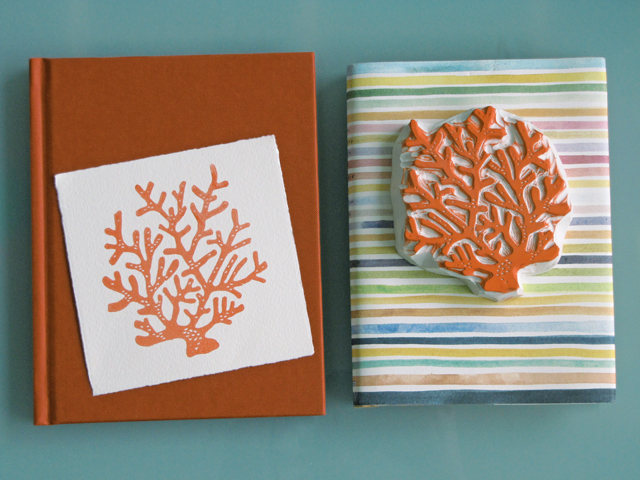
This is the calm before the storm...
We will be moving into our new house next weekend!
This might be the last creative project I'll be able to squeeze in until we're all settled.
I'll be taking a long break from my web life (blog, facebook, flickr, etsy...)
but I will be back mid August with lots of new photos to share with you!
I will be checking my email occasionally from a nice café.
Can't believe we're packing again...Au revoir...for a little while :)
Vintage: Yasmeen Ghauri Magazine Cover for Vogue Australia, December 1994
Yasmeen Ghauri has appeared in dozens of magazine covers over the years and I was tempted to post most of them on here today.
But then I thought one FANTASTIC MIND BLOWING image should tell the story of how beautiful she is. And I chose this one.
 Model: Yasmeen Ghauri
Model: Yasmeen Ghauri
Magazine Cover: Vogue Australia, December 1994
Photographer: Unknown
Source: mojopin @ tfs via yasmeen-ghauri.com
But then I thought one FANTASTIC MIND BLOWING image should tell the story of how beautiful she is. And I chose this one.
 Model: Yasmeen Ghauri
Model: Yasmeen GhauriMagazine Cover: Vogue Australia, December 1994
Photographer: Unknown
Source: mojopin @ tfs via yasmeen-ghauri.com
Labels:
Magazine Cover,
Vintage,
Vogue Australia,
Yasmeen Ghauri
Friday, July 23, 2010
The Screens Arrived!
The dozen silk screens I ordered from Lynn Krawczyk arrived last night and I've spent the whole morning playing with them.
I know that silk screening is "nothing new" to a lot of people, but being able to work so easily and effectively with perfect renditions of my own images is a new thrill to me.
Let me first say that Lynn was absolutely awesome through this process. When I started talking to her about Thermofax screens, I knew very little about how to create clear, crisp imagery to burn onto the screens, and knew only a little more about how to actually use the finished screens.
She took a huge amount of time in educating and guiding me and now that I've had a chance to play with these beauties, I am even more grateful to her for being so meticulous.
To give myself plenty of time to practice, I started with paper that had previously been painted.
Back in my painting days, I off-loaded a lot of paint from my brushes, palette knives, stencil materials and stamps onto many sheets of paper.
I saved all those "neutral" background papers, knowing that one day more could be done to them to make them interesting and useable.
While these prints are hardly art, I can see many of them being used in my collage work.
I used both the Tulip Screen Printing Paints Lynn sent along (thank you, Lynn!) and some of my own Versatex screen printing ink.
I was particularly fond of the fine-tipped squeeze top on the Tulip paints... they made it very easy to squeeze the paint out into the duct tape well (thoughtfully provided by Lynn) in small, controllable amounts.
I used a large palette knife from the hardware store to pull the prints.
One of the things I found really important to keep in mind was something Lynn had told me about using screens that contain a lot of very fine lines: use a gentle touch! She was absolutely right.
I also found it really important to not only keep tight control of the angle at which I held my palette knife as I pulled the print, but also to watch the bead of ink rolling under the knife to make sure I didn't lay the ink down too quickly.
I needed to be sure I didn't smoosh too much paint down into those fine lines, or the whole image would have blurred.
While I didn't dawdle too long (thereby not allowing the ink to dry on the screen), I didn't rush the process either.
Next to my elbow, I kept a shallow, flat container of water about two inches deep. When I was done with a screen, I laid it flat in the water and swished it around a little to make sure it was fully submerged.
This kept the inks and paints that remained in the screens from drying out until I could take them all to the sink at once and wash them.
Never let ink or paint to dry in a screen because it will clog the mesh of the screen, making it impossible to use again.
When I was finished with my printing session, I took all the screens to the sink and washed them very gently with a soft sponge, some dish detergent and cold water.
I'm totally hooked, and I can see myself using these again and again for years to come, as well as spending a lot more time, effort (and money) to create and use even more screens in the future.
Happy creating!
I know that silk screening is "nothing new" to a lot of people, but being able to work so easily and effectively with perfect renditions of my own images is a new thrill to me.
Let me first say that Lynn was absolutely awesome through this process. When I started talking to her about Thermofax screens, I knew very little about how to create clear, crisp imagery to burn onto the screens, and knew only a little more about how to actually use the finished screens.
She took a huge amount of time in educating and guiding me and now that I've had a chance to play with these beauties, I am even more grateful to her for being so meticulous.
To give myself plenty of time to practice, I started with paper that had previously been painted.
Back in my painting days, I off-loaded a lot of paint from my brushes, palette knives, stencil materials and stamps onto many sheets of paper.
I saved all those "neutral" background papers, knowing that one day more could be done to them to make them interesting and useable.
While these prints are hardly art, I can see many of them being used in my collage work.
I used both the Tulip Screen Printing Paints Lynn sent along (thank you, Lynn!) and some of my own Versatex screen printing ink.
I was particularly fond of the fine-tipped squeeze top on the Tulip paints... they made it very easy to squeeze the paint out into the duct tape well (thoughtfully provided by Lynn) in small, controllable amounts.
I used a large palette knife from the hardware store to pull the prints.
One of the things I found really important to keep in mind was something Lynn had told me about using screens that contain a lot of very fine lines: use a gentle touch! She was absolutely right.
I also found it really important to not only keep tight control of the angle at which I held my palette knife as I pulled the print, but also to watch the bead of ink rolling under the knife to make sure I didn't lay the ink down too quickly.
I needed to be sure I didn't smoosh too much paint down into those fine lines, or the whole image would have blurred.
While I didn't dawdle too long (thereby not allowing the ink to dry on the screen), I didn't rush the process either.
Next to my elbow, I kept a shallow, flat container of water about two inches deep. When I was done with a screen, I laid it flat in the water and swished it around a little to make sure it was fully submerged.
This kept the inks and paints that remained in the screens from drying out until I could take them all to the sink at once and wash them.
Never let ink or paint to dry in a screen because it will clog the mesh of the screen, making it impossible to use again.
When I was finished with my printing session, I took all the screens to the sink and washed them very gently with a soft sponge, some dish detergent and cold water.
I'm totally hooked, and I can see myself using these again and again for years to come, as well as spending a lot more time, effort (and money) to create and use even more screens in the future.
Happy creating!
Kids Draw & Cook
My son Daniel's entry called "Five a Day for Better Health"
for Nate Padavick's awesome new blog Kids Draw and Cook,
a companion to the super cool They Draw and Cook blog.
Daniel (age 12) made these cool little guys with watercolor & ink on paper.
for Nate Padavick's awesome new blog Kids Draw and Cook,
a companion to the super cool They Draw and Cook blog.
Daniel (age 12) made these cool little guys with watercolor & ink on paper.
Rojam Wang in Ad Campaign for ck Calvin Klein, Fall 2010/Winter 2011
Here are some new images of Rojam Wang a.k.a. Yin for the Fall 2010/Winter 2011 ad campaign of ck Calvin Klein. Does anyone know which agency (in the US or Europe) he is signed with?


 Models: Rojam Wang (??), Oleg Antosik (VNY), Lara Stone (IMG) & Abby Lee Kershaw (Next)
Models: Rojam Wang (??), Oleg Antosik (VNY), Lara Stone (IMG) & Abby Lee Kershaw (Next)
Ad Campaign: ck Calvin Klein, Fall 2010/Winter 2011
Photographer: Fabien Baron
Stylist: Olivier Rizzo
Source: FlashBang @ tfs


 Models: Rojam Wang (??), Oleg Antosik (VNY), Lara Stone (IMG) & Abby Lee Kershaw (Next)
Models: Rojam Wang (??), Oleg Antosik (VNY), Lara Stone (IMG) & Abby Lee Kershaw (Next)Ad Campaign: ck Calvin Klein, Fall 2010/Winter 2011
Photographer: Fabien Baron
Stylist: Olivier Rizzo
Source: FlashBang @ tfs
Labels:
Ad Campaign,
ck Calvin Klein,
Fabien Baron,
Fall 2010/Winter 2011,
Olivier Rizzo,
Rojam Wang
Thursday, July 22, 2010
The Sketchbook Project: 2011
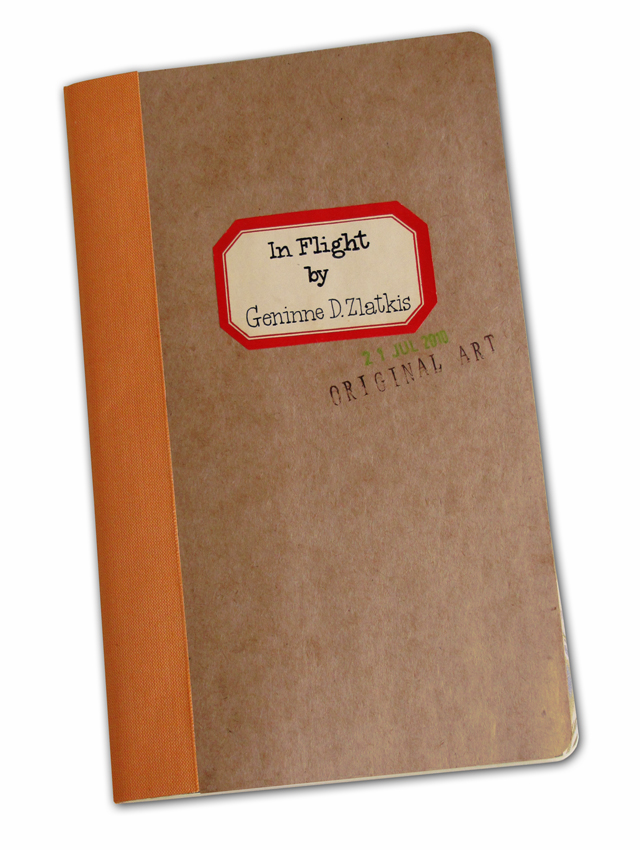
Last month my lovely reader Lisa from Australia sent me the link to this wonderful project thinking I might like to participate...and I did! Thanks Lisa!
Read more about the project here and think about joining too!

The blank Moleskine arrived at my door this week!
I had some time yesterday to personalize the cover before I break it in.
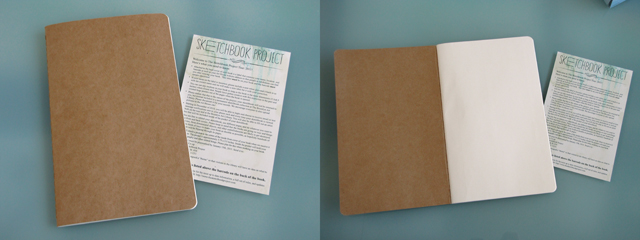
I glued these pretty marbleized end papers and a butterfly bookplate
that my friend Sofia sent me from New Zealand.
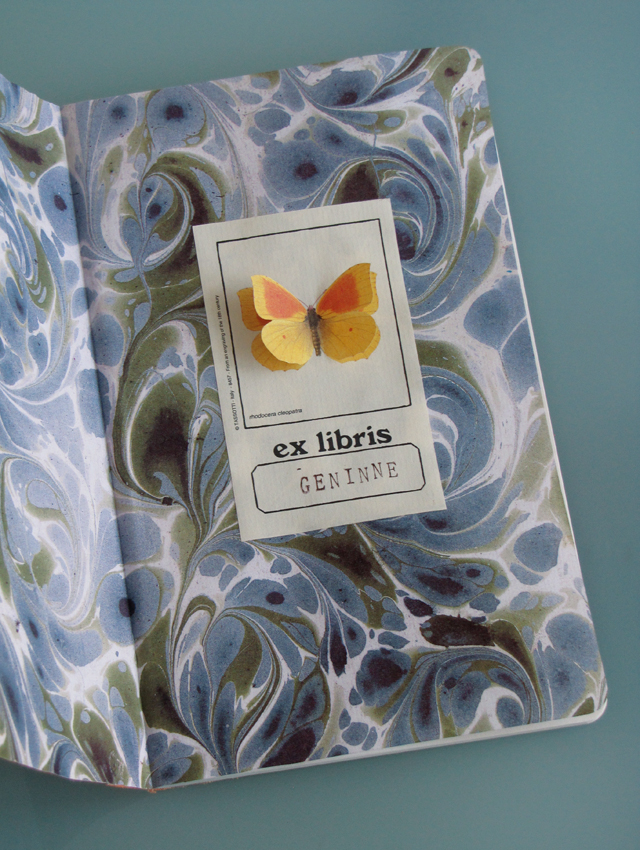
I chose "In Flight" from a long list of available themes to work with...obviously ;)
I have to send back my completed sketchbook by January 2011
and I'll be sharing the process with you. I hope you decide to participate too!
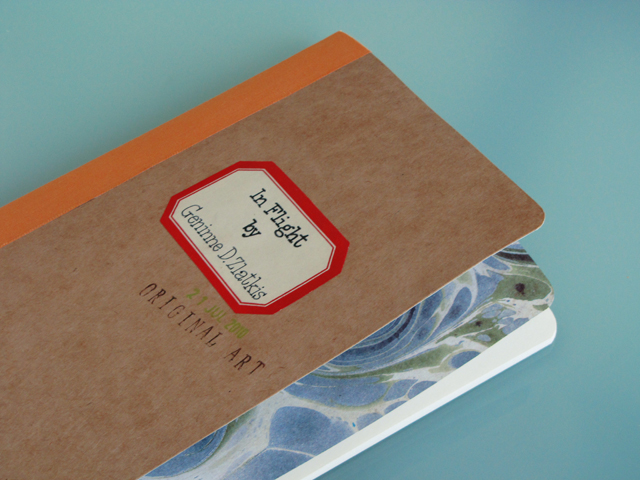
The completeted sketchbook will be living at the Brooklyn Art Gallery where it will be barcoded & available for the public to view. So if you live in NY you be able to check out my Sketchbook and take it home to view for a few days :)
And the cool thing is that I'll be able to know who checks out the sketchbook!
Fun, fun, fun!
*Molly Amanda: So funny you mentioned it this morning!
I was writing this post when I read your blog comment.
Subscribe to:
Comments (Atom)
















